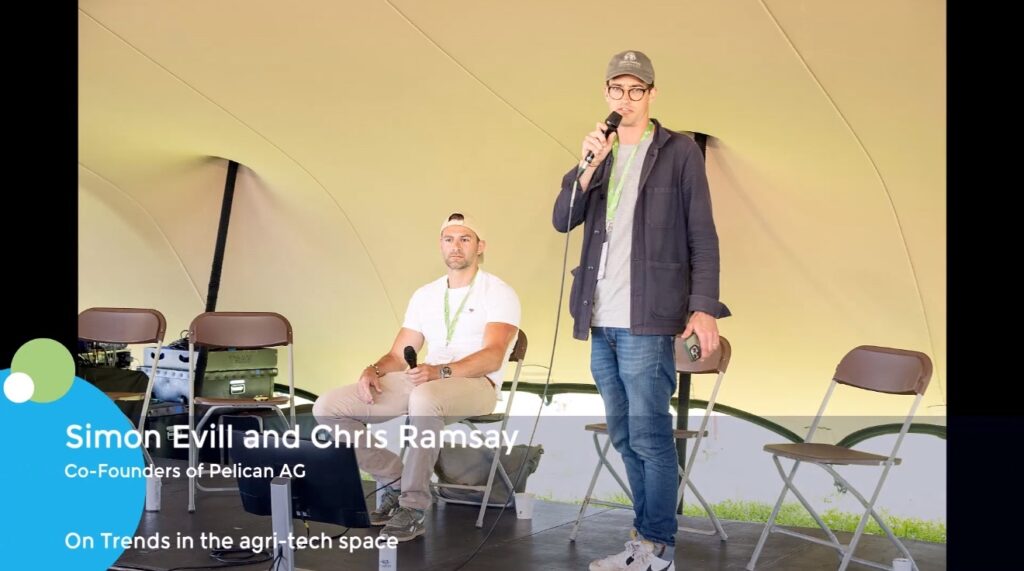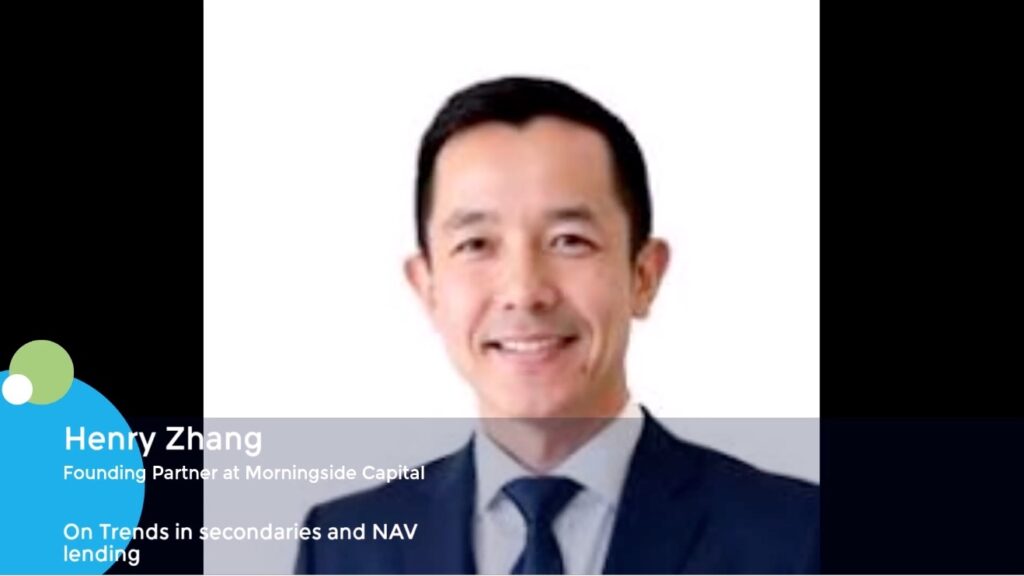Australian M&A returns to rude health on 1H25 public and inbound deal boom – Dealspeak APAC
The first half of this year has been a challenging time for global markets, as geopolitical tensions and uncertainty stemming from US President Donald Trump’s Liberation Day tariffs announcement manifest in searing volatility.
Despite this, inbound and public deals have propelled Australian M&A to rude health in 1H25, coming in at USD 63.3bn across 492 deals, almost double 1H24’s USD 31.8bn from 489 deals.
Inbound M&A in the first six months recorded the highest half-year deal volume on Mergermarket record, racing up to USD 47.2bn across 215 transactions compared with USD 19.2bn from 185 deals in 1H24. As flagged by Mergermarket in June, inbound interest came pouring in from far and wide against a backdrop of global volatility and tariff uncertainty.
Outbound volume in 1H25 also spiked to USD 8.1bn from USD 4.75bn in 1H24, although the deal count, at 72, remained close to par.
While domestic M&A volume jumped 27% to USD 16bn, the count dipped 9% to 277 transactions compared with 304 deals worth USD 12.7bn in 1H24.
Record public M&A also featured in 1H25, with a July report by Mergermarket’s sister publication, Dealreporter, unveiling public M&A transactions – referring to binding and non-binding proposals for Australian listed targets – reaching USD 40bn, marking the third-highest deal volume in a half since 1H21 (USD 46.8bn).
Oil and gas featured as the largest sector by volume in 1H25, driven by the mega USD 24bn sale of Santos to a consortium of Abu Dhabi National Oil, Abu Dhabi Developmental Holding, Carlyle, and XRG.
Technology topped the count charts with 110 deals.
Safe haven for sponsors
Sponsor buyouts and exits also rocketed in 1H25, both in terms of volume and deal count. Buyouts ballooned to USD 27.3bn across 45 transactions compared with USD 3.9bn from 35 deals in 1H24. Exit volume climbed 56% to USD 2.7bn over 19 deals from 15 in 1H24.
Top five buyout and exit deals in 1H25
| Buyouts | ||||
|---|---|---|---|---|
| Announced date | Target | Acquiror | Divestor | Deal value (USDm) |
| 16-Jun-2025 | Santos (100%) | Abu Dhabi National Oil Company PJSC Abu Dhabi Developmental Holding PJSC Carlyle Group XRG |
24,010 | |
| 06-Jan-2025 | Insignia Financial (100%, Bid No 2) | CC Capital Partners | 2,110 | |
| 19-Feb-2025 | Stockland Logistics Partnership Trust (70%) | KKR | 356 | |
| 24-Mar-2025 | Protecht Group Holdings (Undisclosed) | PSG Equity | 280 | |
| 06-Apr-2025 | Questas Corporate (Majority) | Five V Capital | Allegro Funds | 226 |
| Exits | ||||
| Announced date | Target | Acquiror | Divestor | Deal value (USDm) |
| 28-Feb-2025 | Micromine (100%) | Weir Group | Potentia Capital | 786 |
| 20-May-2025 | NSW Electricity Networks Operations Trust (9.99%) | Australian Government Future Fund | OMERS Infrastructure Management | 771 |
| 12-Mar-2025 | Laurent Bakery (Undisclosed) | Holding Le Duff Bridor |
BGH Capital | 409 |
| 16-Mar-2025 | Woodgrove Shopping Centre (100%) | Assembly Funds Management Prudential Financial PGIM Real Estate |
QIC | 278 |
| 06-Apr-2025 | Questas Corporate (Majority) | Five V Capital | Allegro Funds | 226 |
Source: Mergermarket, data correct as at 11-Jul-25
According to Bain & Co in its Global Private Equity Midyear Report, 1H data shows Australia and New Zealand as something of a safe haven from tariff anxiety, as opposed to the broader international picture.
“Most Australia and New Zealand deals do not have direct exposure to US goods exports, limiting the impact, causing more of a delay than anything else,” says Bain Partner and private-equity (PE) expert, Lachlan McMurdo.
“Funds are coming to grips with the acknowledgement that a certain degree of uncertainty and volatility is the new norm. In this environment, significant dry powder and ageing portfolio assets are acting as catalysts for renewed deal activity,” he adds.
Second-half surge
Against this backdrop and given that Australia is typically a second-half-heavy market for M&A, activity Down Under is expected to be more robust during the coming six months despite ongoing market challenges.
“We expect more activity to follow later this year, as corporates look at operational risk and push through deals despite uncertainties, an Australian banker said.
Ones to watch recently unveiled by Mergermarket include Australian waste management business BMI Group, which has hired corporate advisor Highbury to explore strategic options including a sale; while Australian wind farm business Windlab, which could be valued at up to AUD 300m (USD 196m), is now in talks with another buyer after Canadian investor Brookfield walked away earlier this year.
On the inbound front, France-based engineering group Egis, which acquired New Zealand-based digital asset management consultancy Certis Digital for an undisclosed sum in June, told Mergermarket it is keen to make more acquisitions in Australia and New Zealand.
Bain & Co’s McMurdo also expects a more active second half for PE. “We are seeing a rebound in pipeline activity, with key leading indicators pointing to a more active second half,” he says.
PE assets in the spotlight, according to Mergermarket intelligence, include New Zealand-based primary care provider Tamaki Health, with Mercury Capital having hired Stanton Road Partners for a possible exit of the business it had tried to sell in 2021 with a reported valuation of up to AUD 450m.
Following inbound expressions of interest, Hive & Wellness Australia, the company behind Australia’s iconic Capilano Honey, majority owned by Sydney-based PE firm Wattle Hill Capital, Australian alternative investment manager ROC Partners and billionaire Kerry Stokes’ Australian Capital Equity, has started a strategic review with the help of Rothschild & Co. The current consortium took the previously ASX-listed Capilano Honey private for about AUD 210m in 2018.
However, the Australian banker cautions that PE owners must still address the bid-ask spread for their assets. “It is more common to have bilateral discussions or run a process that only involves a small group of interested parties,” he says.
Acquisition finance is generally well supported by capital markets as there is plenty of liquidity, but it still takes longer to execute and close deals because of market uncertainties, the banker explains. “Deals that have progressed are either not impacted by tariffs, or are domestic businesses not directly related to GDP growth and hence exposed to possible recession.”
Australia’s M&A boom appears all set to get even busier moving into the second half of the year.











